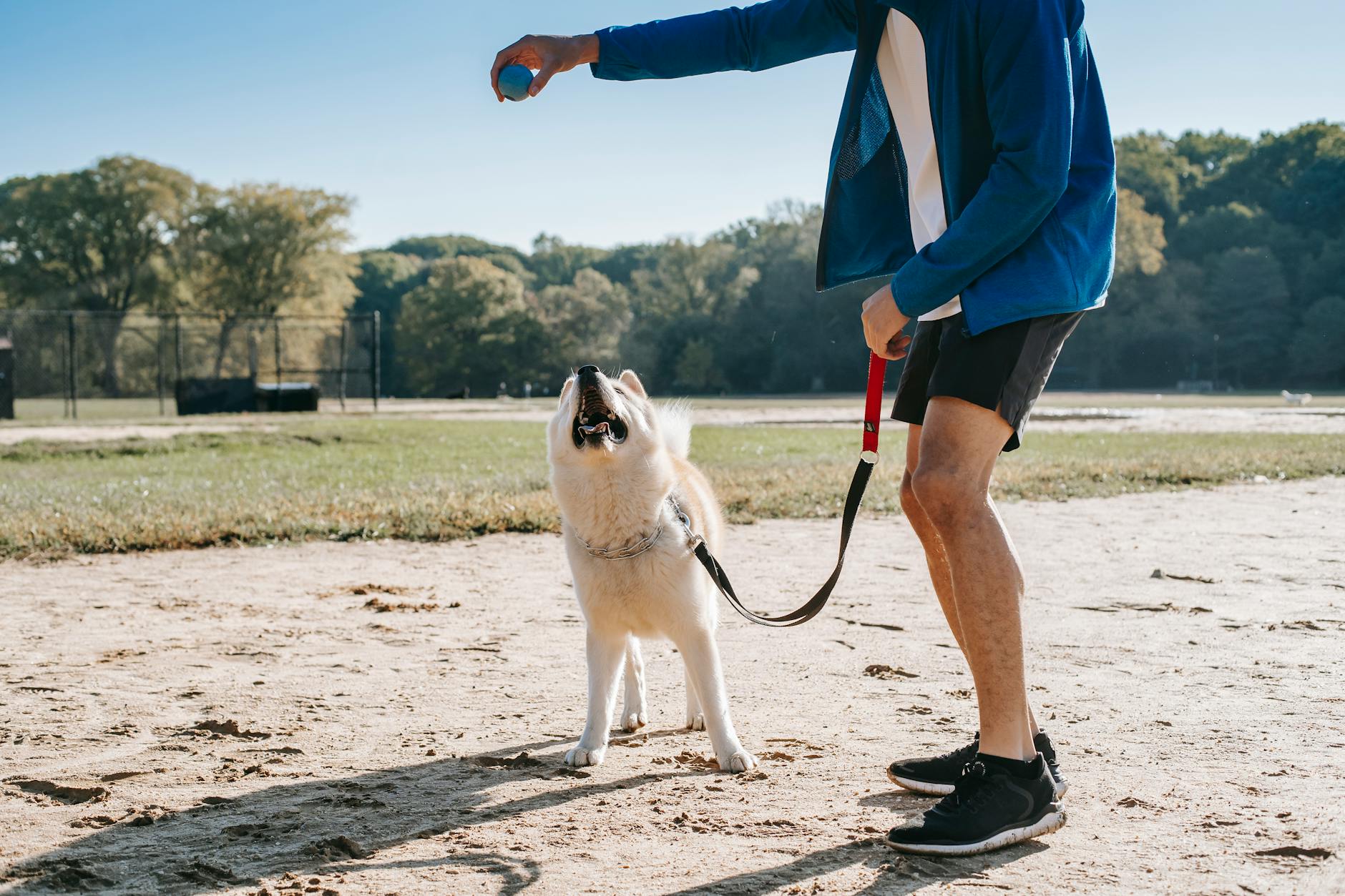
Dog training habits don’t just shape your pet’s behavior; they also reflect directly on you as an owner. People notice how dogs act in public and form opinions about their owners based on those behaviors. If your dog is unruly, aggressive, or disobedient, it can impact your social life and even your standing in the neighborhood. When poor dog training habits persist, they can hurt your reputation and make everyday outings stressful. Building good habits matters for both your dog’s happiness and how others perceive you.
1. Inconsistent Commands
Using different words or hand signals for the same command confuses your dog and frustrates everyone around you. If your dog doesn’t respond, people may think you lack control or don’t care about proper dog training habits. Consistency is key for your dog’s learning and for showing others you take training seriously.
2. Ignoring Leash Etiquette
Letting your dog pull, lunge, or zigzag on a leash makes walks unpleasant for others. It shows you might not respect shared spaces or other people’s comfort. Practicing good leash skills is a basic part of responsible dog training habits and signals you value your community.
3. Allowing Excessive Barking
Frequent barking—whether at home, in the park, or on walks—can annoy neighbors and strangers alike. If you don’t address it, people may see you as inconsiderate or uncommitted to your dog’s training. Teaching your dog when it’s appropriate to bark demonstrates strong dog training habits and consideration for others.
4. Failing to Socialize Your Dog
Dogs that aren’t exposed to new people, pets, or environments often act fearful or aggressive. When your dog reacts poorly in public, it reflects on your ability to manage and train them. Socialization is a core part of healthy dog training habits and helps your dog become a well-mannered companion.
5. Using Physical Punishment
Some owners resort to hitting, yelling, or harsh corrections when frustrated. Not only is this ineffective and damaging for your dog, but it also looks bad to onlookers. Positive reinforcement is a more humane and effective approach, as supported by these dog training tips from the Humane Society. Building your dog’s trust through positive methods is always the better choice.
6. Letting Your Dog Jump on People
Even if you think it’s friendly, not everyone enjoys a dog jumping up to greet them. It can scare children, stain clothes, or knock someone over. If you don’t train your dog to greet politely, people may see you as careless or disrespectful. Practicing calm greetings is a dog training habit that benefits everyone.
7. Skipping Basic Obedience Training
Skipping commands like sit, stay, or come causes problems in daily life. A dog who ignores these basics can be disruptive, unsafe, or even a danger in busy areas. Committing to foundational dog training habits shows you value safety and respect for your surroundings.
8. Allowing Resource Guarding
Some dogs growl or snap if someone approaches their food, toys, or resting place. If you don’t address resource guarding, it can scare guests and other pets. This behavior is a red flag that you haven’t focused on essential dog training habits, which can quickly damage your reputation as a responsible owner.
9. Not Cleaning Up After Your Dog
Leaving dog waste behind is a surefire way to upset neighbors and park-goers. It’s one of the most visible signs of neglectful dog ownership. Carry bags, clean up promptly, and model good citizenship—these habits speak volumes about your commitment to your dog and community.
10. Allowing Unwanted Approaches
Letting your dog run up to strangers or other dogs without permission can create tension, fear, or even fights. Some people are afraid of dogs or have pets who don’t want to interact. Respecting boundaries is a core part of good dog training habits. Always ask before letting your dog greet someone or another animal.
Building a Positive Reputation Through Responsible Dog Training Habits
Every interaction with your dog in public is a reflection of your training choices. Strong dog training habits don’t just make life easier—they show respect for those around you and reinforce your reputation as a responsible pet owner. Investing time and patience into your dog’s development pays off in smoother outings, happier neighbors, and a more confident, well-behaved companion. Your commitment to better dog training habits will be noticed and appreciated by everyone your dog meets.
What dog training habits have you seen that affect an owner’s reputation—for better or worse? Share your experiences in the comments!
What to Read Next…
- Mans Best Friend 8 Ways To Tell If Your Dog Is Really Happy
- 8 Things Youre Doing That Could Be Considered Distracted Driving
- These 5 Dog Breeds Are Most Likely To Destroy Your Furniture
- 8 Things Youre Doing That Could Be Making Your Dog More Aggressive
- One Year Doesnt Equal Seven Dog Years Its More Complicated Than That
The post 10 Dog Training Habits That Damage Owner Reputations appeared first on Clever Dude Personal Finance & Money.







